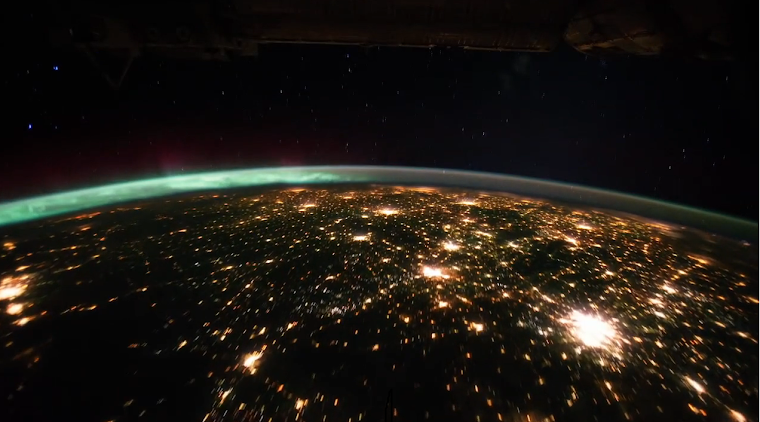El Tiempo.
Luego de su liberación, el periodista francés pasa su primera noche en Bogotá.
"Yo
nunca estuve uniformado en ningún momento. Eso es muy importante que
quede muy claro", afirmó el reportero sobre las 10:30 de la noche a su
llegada a Bogotá, proveniente de Florencia, Caquetá.
Aseguró que se puso "un casco militar
blindado y un chaleco antiesquirlas, después de pensarlo mucho, sabiendo
que no era lo ideal, pero tuve la intuición de que ese no era cualquier
operativo", y aclaró que nadie lo forzó.
Según lo previsto, el periodista francés viajará este jueves a su país. Aunque se creía que partiría de inmediato a Francia, Langlois decidió pasar en Bogotá la primera noche después de su liberación.
Horas antes de su llegada a la capital del
país, Roméo Langlois recordó ante los medios el día en que fue
secuestrado. En su relato dijo que vio morir a un uniformado. "El
militar hasta el último momento hizo chistes, se mostró como un
valiente", aseguró.
El presidente Juan Manuel Santos, a través de su cuenta de Twitter,
se refirió a la liberación de Langlois. "Celebramos la liberación del
periodista francés que nunca debió ser secuestrado", escribió sobre la
media noche del miércoles.





